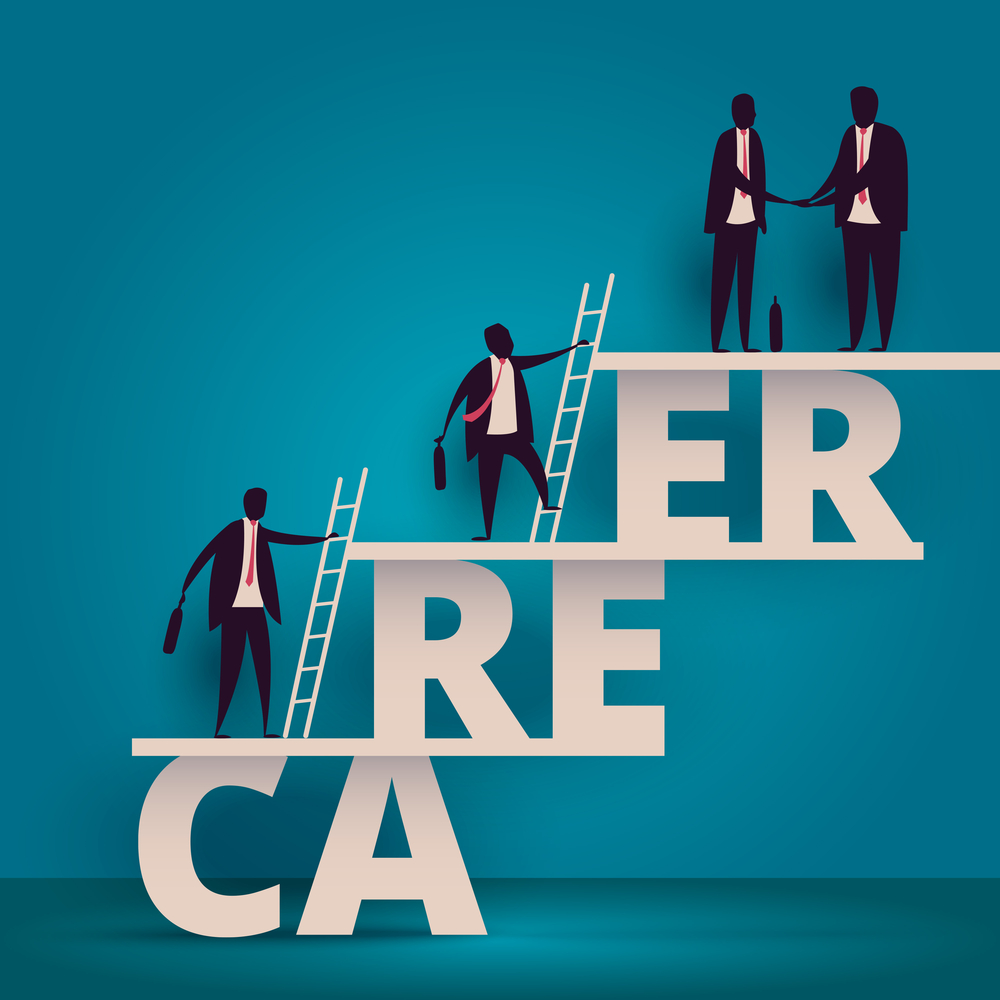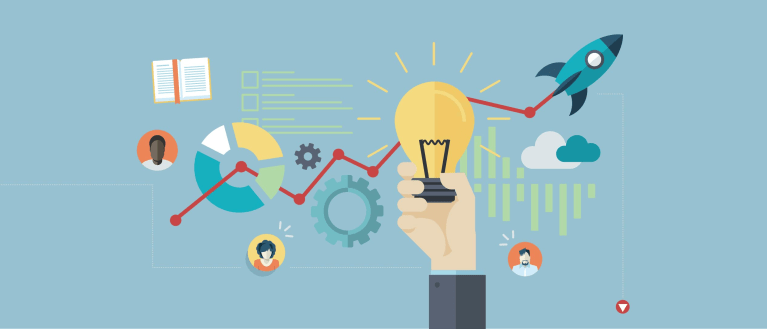While many people spend their lives in pursuit of a single career path, this is not always possible. When someone suffers a life changing injury which prevents them from returning to their career it can be a devastating time. It may take some time to grieve and process the trauma you have been through, but there may still be a light at the end of the tunnel. You might not be able to do what you did before, but you could treat this as an opportunity to start a new professional adventure. Disabled people have a huge number of opportunities in the modern world and with the right support there is no reason they cannot succeed in a fulfilling career.
If you are at a professional crossroads and not sure which way to turn, here are some key factors to consider when changing career after an injury.

Create a list of several options
Just as you would have done when you first started working, you should consider several different career paths rather than focusing on only one option. You may have an idea of what is involved in a career but your disability may make this an unrealistic path. You will need to apply for several different positions before you are successful – just as any job applicant would.
Don’t dismiss the idea of taking on two or more part-time roles as this may open up your opportunities. Depending on the nature of your injury, you may be able to change your career path again in the future if you continue to recover and regain former abilities.
Consider starting your own business
To create a career which suits your talents, interests and lifestyle you could investigate the idea of starting your own business. This will need careful market research, planning and some start-up capital, but it could give you the flexibility to work on your own schedule.

How to explain your employment hiatus
If you do choose to work for an employer, remember that you don’t have to bring up your injury. However, if you have been unemployed for a significant amount of time you may want to briefly explain what happened to you. You don’t need to go into detail about it if you don’t want to, but you might want to focus on how you have grown as a result of the experience and the positive place you are in now.
Get to know the law on disability benefits
You should look at workers compensation law to ensure that you are familiar with legislation regarding any compensation you might have received and what will happen to your disability benefits when you start earning money. It’s important to be honest about your employment status at all times but sensible to take the benefits as long as they are available to you.

Advance your education or professional skills
If your new career requires education or qualifications which you are lacking, you should look into courses and certifications you can attain. You could also look into doing some voluntary work experience or work shadowing to get some hands-on experience.
